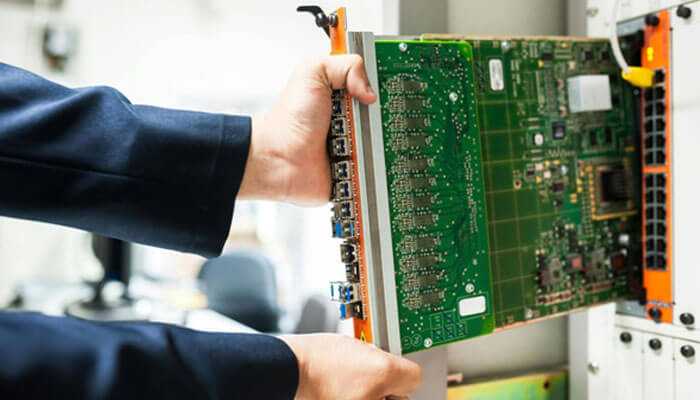Modular servers enable flexibility, scalability, and efficiency. These are all very important things in today’s fast-moving business environment. It lets you configure hardware to your particular needs and expand and economize by using only what is required. Choosing the right modular server can be a crucial decision for any business, whether it’s a new start-up or an established enterprise.
Modular servers’ flexibility, scalability, and efficiency are all important in today’s fast-moving business environment. The following is a simplified guide to help you make this crucial choice.
Understanding Modular Servers
The modular server is designed from several small server units called modules that can be assembled in various ways, depending on the purpose.
This allows you to scale up or down depending on your need for computing resources while minimizing major changes to your infrastructure.
Why Modular Servers?
Scalability
One of the major reasons why modular servers are considered a great advantage is that they can be scaled. You can add more modules with the growth of your business to expand the capacity.
Flexibility
In modular servers, you have configuration flexibility based on your requirements. Whether you need storage, processing, or a balance between these two, you can get it done with the modules.
Cost-effectiveness
Although it may be a little pricey to invest in at first within a modular server, it does pay off over time due to less frequent hardware replacements, so there will be less downtime.
Efficiency
These servers are made to be power-efficient to keep your operational costs at a minimum and at the same time, your company’s environmental footprint will be low.

Key Considerations When Choosing a Modular Server
Analyze Your Requirements
When you decide to opt for a modular server, consider what are the present and future needs of your business. Estimate the requirements of storage capacity, processing power, and applications.
Budget
The planning of a budget is not just for the initial purchase but also includes the cost of its continued maintenance and any upgrades.
In many ways, a modular server saves resources in the long term, but you can take this into consideration when keeping your future plans in mind.
Compatibility
The type of modular server selected has to be compatible with the existing IT infrastructure, which also includes software, networking components, and other hardware.
Incompatibility will further add to costs and waste more time on account of downtime.
Vendor and Warranty Support
Find a good vendor that will extend good support and a warranty to your purchase. Good support is always helpful, especially for those who have never managed any server.
Power Efficiency
Consider the power consumption of the server module. The servers are power efficient and will minimize running costs. They also help keep the environment greener.
Steps to the Right Modular Server
Research and Compare
Search the market for different kinds of modular servers. Compare the specifications, features, and price lists of these servers.
Review and go through case studies that would explain how other companies deploy these servers.
Consult Experts
You can consult an IT professional or the technical support team of the vendor when not so sure about the exact requirement. Networkrepublic.com has many flexible options and can offer advice on your needs within your business environment.
Plan for Growth: Consider the future needs and go for a modular server that grows with your business. A little more investment at the initial stages will be far better than being confronted by definite limitations at some time in the near or not-so-near future.
Test the Configuration
If at all possible, test the configuration of the server before you make your final decision. Some vendors offer trial periods or demo units that would allow you to understand how well the server is going to perform in your environment.
Total Cost of Ownership
Other than the purchase price, consider the costs like, maintenance, energy consumption, likely upgrades, and support.
Conclusion
The right kind of modular server for your business has to be chosen after due consideration of the present needs, future growth, budget, and compatibility with the already existing infrastructure.
You will be able to make an informed decision that will support the growth and efficiency of your business through thorough research and planning.
The right type of modular server can turn out to be an asset in giving you the needed flexibility and scalability to meet changing demands so that your business stays competitive in the global market.



